
Enjoy Asakusa! Complete Year-Round Information on Seasonal Events, Festivals, and Sightseeing Activities

Asakusa: A Guide to Seasonal Festivals and Activities
Are you planning a trip to Asakusa and wondering which season to visit? This article provides a detailed, season-by-season guide to Asakusa’s major annual events, including the Sanja Matsuri in spring and the Sumida River Fireworks Festival in summer. We also introduce walking tours and local gourmet recommendations that complement the seasonal atmosphere. By the time you finish reading, you’ll know exactly which season is perfect for your trip.
1. Asakusa’s Year-Round Attractions: A Seasonal Event List
Asakusa is a town rich in history and culture, where a variety of traditional festivals mark the changing seasons. With events held throughout the year, you’ll discover new charms no matter when you visit. This chapter provides a quick overview of Asakusa’s main annual events to help you plan your trip.
| Season | Months | Main Events | Overview |
| Spring | March-May | Kinryu no Mai, Sumida Park Cherry Blossom Festival, Sanja Matsuri | The town is filled with festive energy from the Kinryu no Mai dance at Senso-ji Temple, cherry blossoms along the Sumida River, and the Sanja Matsuri, one of Edo’s(old Tokyo) three great festivals. |
| Summer | June-August | Shiman-rokusen-nichi Hozuki-ichi, Sumida River Fireworks Festival, Asakusa Samba Carnival | Summer is colored by a variety of events, from the nostalgic Hozuki-ichi (Chinese lantern plant Fair) to the iconic Sumida River Fireworks Festival and the passionate Samba Carnival. |
| Autumn | September-November | Asakusa Toro Matsuri, Tokyo Jidai Matsuri, Otorisama Tonoichi | This season is a great time to immerse yourself in Japanese tradition with the enchanting lantern festival, a historical reenactment parade, and the Tori-no-ichi fair for business prosperity. |
| Winter | December-February | Senso-ji Hagoita-ichi, Joya no Kane and Hatsumode, Senso-ji Setsubun-e | Experience the solemn and sacred atmosphere of the year-end and New Year holidays, from the bustling Hagoita-ichi (Battledore Fair) to the ringing of the Joya no Kane (New Year’s Eve Bell), Hatsumode (first temple visit of the year), and the Setsubun-e festival. |
Please note that event dates and details may change. Be sure to check official websites for the latest information before you go. Reference: Taito City Event Calendar
2. Asakusa in Spring: Cherry Blossoms and Festive Spirit (March-May)
Asakusa comes alive in the warm spring weather. The cherry trees along the Sumida River turn a beautiful pink, creating a vibrant atmosphere throughout the town. With historical festivals and traditional events held one after another, this is a bustling season. Why not spend a special time in this lively spring setting?
2.1 Kinryu no Mai (Golden Dragon Dance) This magnificent dance is performed to celebrate the legend of the Kannon Bodhisattva, the main deity of Senso-ji Temple. A golden dragon, approximately 18 meters long and weighing 88 kg, parades through Nakamise-dori street and the temple grounds. The powerful movements of the dragon, chasing a lotus bead, are a sight to behold and express its role as a guardian deity.
| Detail | Description |
| Date | Annually on March 18 |
| Location | Senso-ji Temple grounds |
| Highlights | The dynamic dance of the golden dragon, led by monks and musicians. |
| Official Site | Senso-ji Annual Events |
2.2 Sumida Park Cherry Blossom Festival Sumida Park, stretching along both banks of the Sumida River, has long been famous for its cherry blossoms. In spring, around 510 cherry trees bloom, offering a stunning view with Tokyo Skytree® in the background. During the festival, the cherry blossoms are lit up at night, creating a magical atmosphere different from the daytime. Viewing the blossoms from a traditional houseboat is also a special experience.
| Detail | Description |
| Date | Late March to early April (approximate) |
| Location | Sumida Park (Taito City side and Sumida City side) |
| Highlights | The collaboration of cherry blossoms and Tokyo Skytree®, along with evening light-ups. |
| Related Info | Taito City Official Website |

2.3 Asakusa Shrine Sanja Matsuri Counted as one of the three great festivals of Edo, this is the main festival of Asakusa Shrine. Held over three days in May, it’s when Asakusa is at its most vibrant. The sight of around 100 portable shrines (mikoshi) parading through the neighborhoods with energetic chants is magnificent. A key highlight is the “tamafuri”, where the mikoshi are violently shaken, showcasing the spirit and vigor of the bearers.
| Detail | Description |
| Date | The third Friday, Saturday, and Sunday of May |
| Location | Asakusa Shrine and the surrounding Asakusa area |
| Highlights | The intense energy of the mikoshi parade and the “tamafuri” ritual. |
| Official Site | Asakusa Shrine Sanja Matsuri |
3. Asakusa in Summer: Nostalgia and Excitement (June-August)
After the rainy season ends, Asakusa gears up for a lively summer. The cool sound of wind chimes mingles with people in yukata, drawing visitors to the town’s nostalgic charm. This season is packed with diverse events, from traditional fairs dating back to the Edo period to a passionate carnival.
3.1 Shiman-rokusen-nichi Hozuki-ichi (Chinese lantern plant Fair)
A classic symbol of summer in Asakusa is the Hozuki-ichi at Senso-ji Temple. July 9th and 10th are known as “Shiman-rokusen-nichi,” a day of great merit, where a single visit is said to grant 46,000 days’ worth of blessings—equivalent to about 126 years. The temple grounds are lined with stalls selling potted Chinese lantern plant plants with their vibrant red fruit, creating a nostalgic Edo-era scene with the pleasant sound of wind chimes.
| Detail | Description |
| Date | Annually on July 9th and 10th |
| Location | Senso-ji Temple grounds |
3.2 Sumida River Fireworks Festival Lighting up Tokyo’s summer sky, the Sumida River Fireworks Festival is one of Japan’s most historic fireworks events, originating from the “River Opening” ceremonies of the mid-Edo period. Approximately 20,000 fireworks, including competition pieces, are launched from two locations. The sheer scale is breathtaking, with reflections on the Sumida River and the backdrop of Tokyo Skytree® creating a uniquely magical view that many eagerly await each year.
| Detail | Description |
| Date | Annually on the last Saturday of July |
| Location | Along the Sumida River (near Sakura-bashi to Kototoi-bashi, and Komagata-bashi to Umaya-bashi) |
For detailed information, please check the official website: Sumida River Fireworks Festival Official Website

3.3 Asakusa Samba Carnival
The summer season concludes with a passionate bang at the Asakusa Samba Carnival, one of Japan’s largest samba parades. Professional samba teams from all over the country parade along Umamichi-dori and Kaminarimon-dori streets with elaborate floats (alegoria). The energetic performances of dancers in dazzling costumes captivate the audience, filling the entire town with excitement. Since the event is a contest, the serious performances of each team are a must-see.
| Detail | Description |
| Date | Annually on the last Saturday of August |
| Location | From Umamichi-dori to Kaminarimon-dori |
For detailed information, please check the official website: Asakusa Samba Carnival Official Website
〈Next page〉
Asakusa in Autumn and Winter

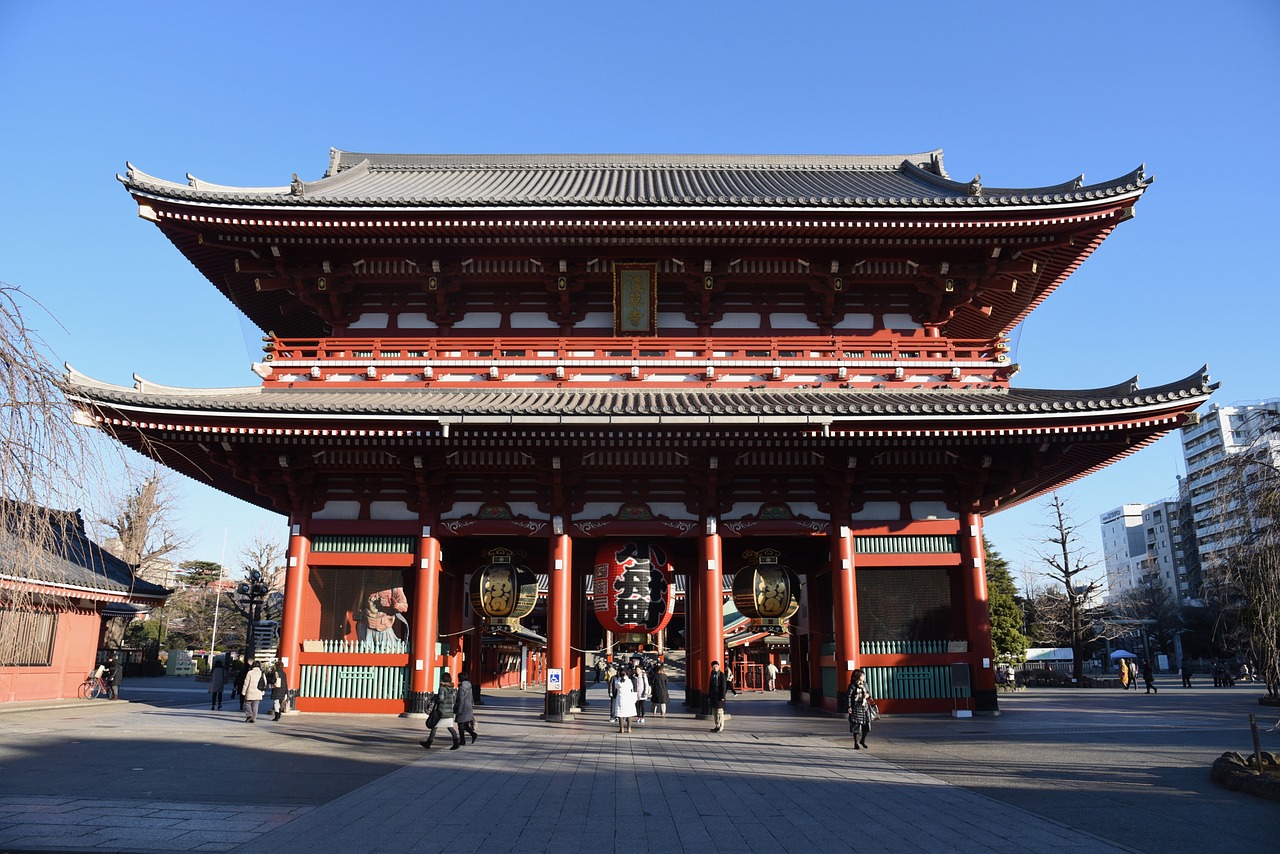
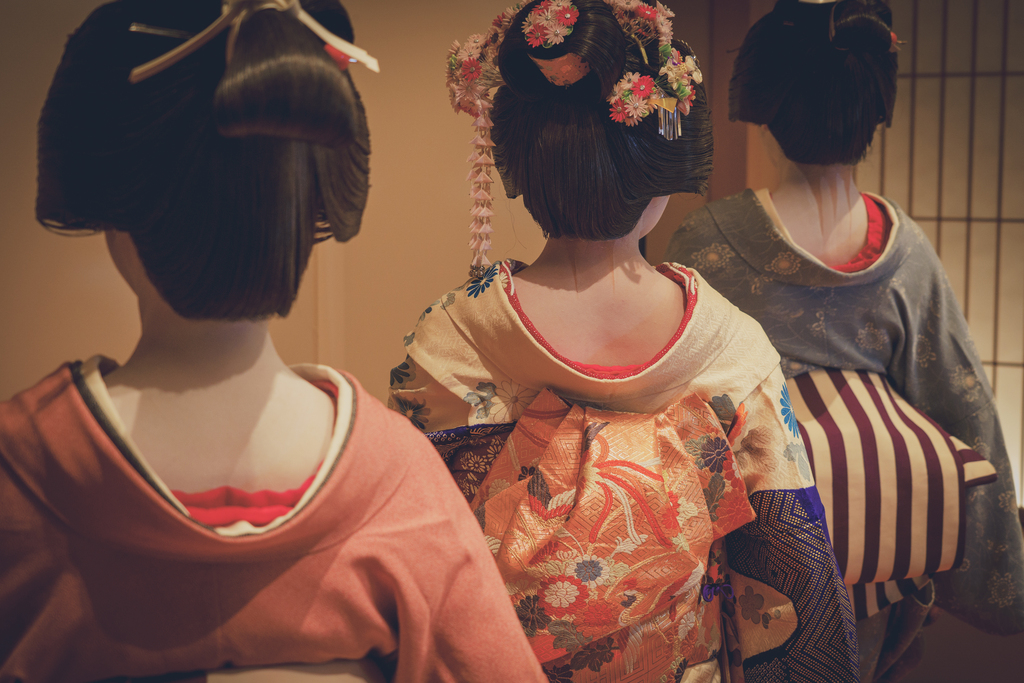

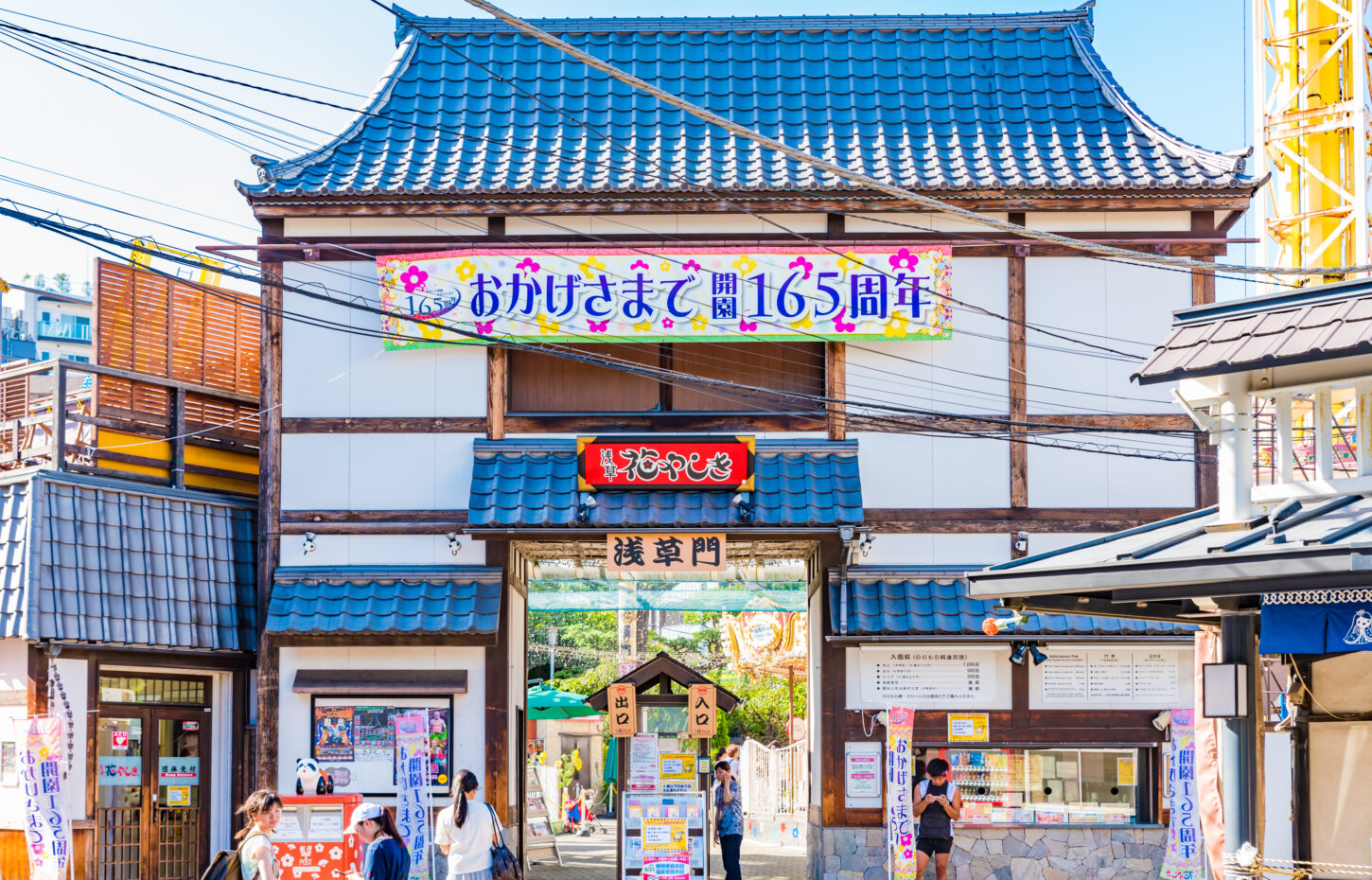



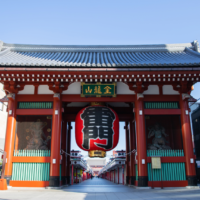
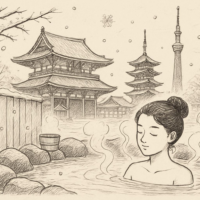
No comments yet.